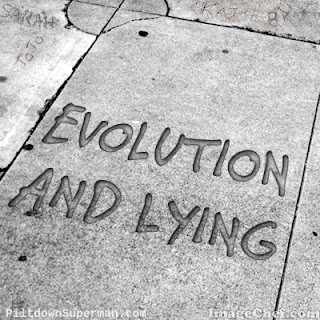The Amazing Gift of Vision

In the early days of printers and the internet, ASCII code was tediously used to draw pictures, such as these cats . Our brains take the visual stimulation and recognize what pictures mean. This is called skeletal recognition , probably because of the "bare bones" approach. It is different from shape recognition. Credit: FreeDigitalPhotos.net / Renjith Krishnan We see a shape or have a glimpse of something and often recognize it, just as with the examples mentioned previously. It helps if we have reference points, such as having seen animals or objects so we can make the association. (Mayhaps that is why people are afraid when they see something completely alien to them.) We also make these connections exceptionally fast. Researchers praise Darwin, blessed be! But the intricacies of human vision testify of the work of the Master Engineer, not foolish faith in random chance processes. Human vision is incredible. The human eye and brain are adept at recognizing object...














